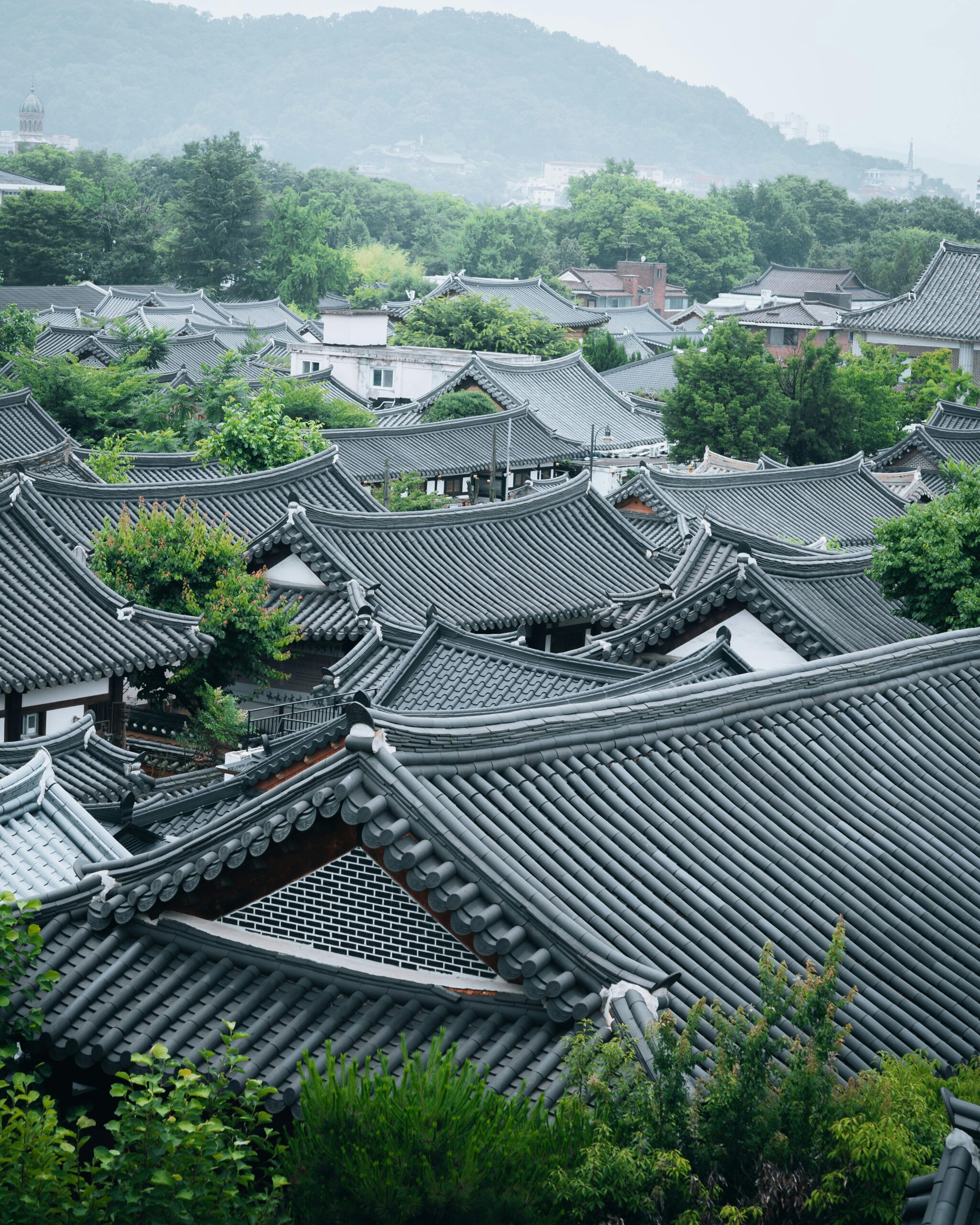Discovering Jeonju: Where Tradition Meets Modernity
Nestled in the heart of South Korea’s Jeollabuk-do province, Jeonju is a city that effortlessly bridges the past and present. Renowned as the birthplace of bibimbap and a UNESCO Creative City of Gastronomy, it is a cultural gem where centuries-old traditions thrive alongside contemporary creativity. At its core lies the Jeonju Hanok Village, a labyrinth of over 800 traditional Korean houses that transport visitors to the Joseon Dynasty. Yet, Jeonju is far from a relic—its vibrant arts scene, innovative culinary experiments, and youthful energy make it a dynamic destination. This article delves into the city’s unique identity, exploring its historical roots, culinary legacy, cultural festivals, and modern transformations. Prepare to uncover why Jeonju is a must-visit for travelers seeking authenticity and innovation.
The Living Heritage of Hanok Village
Jeonju Hanok Village is more than a tourist attraction—it’s a living neighborhood where residents preserve ancestral customs. The village’s hanok (traditional wooden homes) feature curved tiled roofs, ondol heating systems, and serene courtyards. Many now operate as guesthouses, tea houses, or craft workshops, offering immersive cultural experiences. Visitors can try on hanbok (traditional attire), create handmade hanji paper, or watch artisans craft bamboo goods. Despite its historical ambiance, the village buzzes with youthful energy, hosting indie music festivals and contemporary art exhibitions. This blend of old and new reflects Jeonju’s ability to honor its heritage while embracing modernity.
Culinary Capital: Beyond Bibimbap
While bibimbap put Jeonju on the global food map, the city’s culinary scene is a treasure trove of flavors. Local markets like Nambu Market showcase regional specialties:
– Kongnamul gukbap (bean sprout rice soup)
– Jeonju makgeolli (cloudy rice wine)
– Choco pies (a modern twist on a Korean snack)
The annual Jeonju International Food Film Festival celebrates the intersection of cuisine and art, while the Jeonju Hanok Village Food Alley offers street food with a historical twist. Restaurants here often use organic, locally sourced ingredients, staying true to the region’s agricultural roots. For food lovers, Jeonju is a pilgrimage site where every meal tells a story.
Festivals: A Celebration of Time-Honored Traditions
Jeonju’s calendar is punctuated by festivals that revive ancient customs. The Jeonju Sori Festival, a UNESCO-recognized event, showcases traditional Korean music, from soul-stirring pansori performances to experimental fusion acts. During the Jeonju Hanji Culture Festival, artisans demonstrate the 1,000-year-old craft of making hanji, while visitors create lanterns or fans. Even religious traditions come alive: the May Jungang Catholic Church Procession blends Korean folk rituals with Catholic liturgy. These events highlight how Jeonju’s residents actively preserve their cultural DNA, making history accessible to all generations.
Modern Jeonju: Creativity in the 21st Century
Beyond its historical facade, Jeonju is a hub for innovation. The Jeonju Cinema Complex supports independent filmmakers, while the Jeollabuk-do Museum of Art hosts cutting-edge exhibitions. Start-ups focused on sustainable design and smart agriculture have flourished here, driven by the city’s UNESCO Creative City designation. Even the hanok village has evolved—think rooftop cafes with 360-degree views and VR experiences that recreate the Joseon era. This forward-thinking spirit ensures Jeonju remains relevant, proving that tradition and progress can coexist harmoniously.
Conclusion: Jeonju’s Timeless Allure
Jeonju is a city of contrasts, where the scent of soy sauce wafts past trendy galleries and ancient rituals inspire modern art. Its hanok village offers a tangible link to Korea’s past, while its festivals and culinary innovations push boundaries. By nurturing its heritage without shying away from change, Jeonju has crafted a unique identity that resonates globally. For travelers, it’s a place to savor slow living, whether through a steaming bowl of bibimbap, a quiet stroll along cobblestone lanes, or a conversation with a local artisan. In Jeonju, history isn’t confined to museums—it’s lived, reinvented, and shared with open arms.
